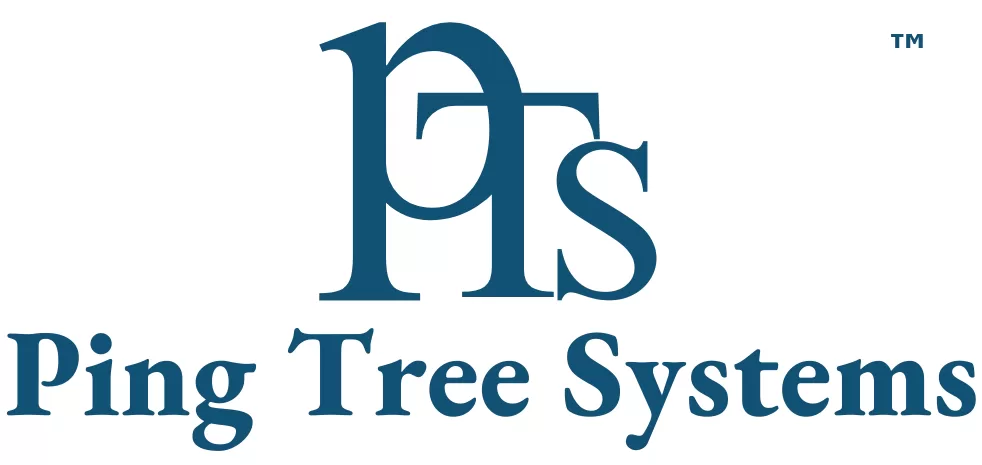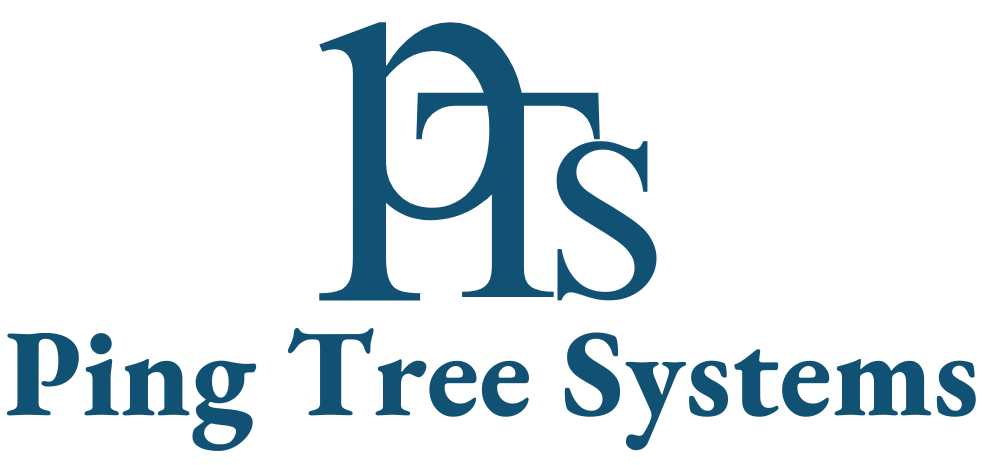Leveraging Content Marketing for Lead Generation:
Content marketing plays a pivotal role in lead generation. Create high-quality, informative, and engaging content that addresses your audience’s pain points and interests. Optimize your content for search engines to improve visibility and attract organic traffic. Utilize social media platforms to distribute your content and amplify your reach, driving more potential leads to your website.
Know Your Audience Inside Out:
Delve into the importance of understanding the target audience’s pain points, preferences, and behaviors.
Guide on creating detailed buyer personas and utilizing market research to tailor lead management strategies accordingly.
Harness the Power of Data with Lead Scoring:
Explain the concept of lead scoring and its role in prioritizing leads based on their readiness to purchase.
Provide insights into designing and implementing an effective lead scoring system, considering various parameters and engagement levels.
Craft Compelling Lead Capture Strategies:
Explore diverse lead generation channels, including websites, social media, email campaigns, and events.
Offer tips on creating captivating lead capture forms, landing pages, and incentives to maximize conversion rates.
Nurture Leads Towards Conversion:
Emphasize the importance of lead nurturing in building relationships and guiding prospects through the sales funnel.
Discuss strategies for crafting personalized nurture campaigns, leveraging marketing automation tools, and delivering timely, relevant content.
Align Marketing and Sales Efforts Seamlessly:
Highlight the significance of aligning marketing and sales teams to ensure a smooth lead qualification and handoff process.
Provide insights into establishing clear criteria for lead qualification, fostering collaboration, and leveraging technology for efficient lead management.
Continuously Optimize Through Data Analysis:
Stress the importance of data-driven decision-making in optimizing lead management strategies.
Offer guidance on tracking key performance metrics, analyzing results, and iteratively refining approaches for continuous improvement.
Benefits Of A Lead Distribution System:
- Reduced turn around time: Because of instant distribution, the time it takes for the salesperson to make the first call is reduced. This means instant responses and increased prospect satisfaction
- Increased transparency: Since the entire process is automated, there will be no confusion in terms of the leads assigned. There will be a clear view of who the lead owner is and how many leads were assigned to him.
- Better lead quality: Only qualified leads are distributed to the leads. Which means that there is no necessity for the salesperson to spend time nurturing the lead until they are sales-ready.
- More accurate targeting: Leads that belong to a particular bucket are assigned to the respective salesperson. As they would have some amount of expertise with that lead’s requirements, it becomes easier to sell to him.
- Increased sales efficiency: As the process becomes simpler and straightforward, this directly affects how efficient the salespeople are in terms of closing the deals.
- Accurate revenue attribution: There is now no room for confusion as to whose lead brought in the most revenue. Since everything is mapped together, this makes for precise attribution.
- No room for manual errors: When manual distribution happens, chances of missing out on leads or assigning the same leads to multiple people is possible. This can be eliminated with a lead distribution software.

